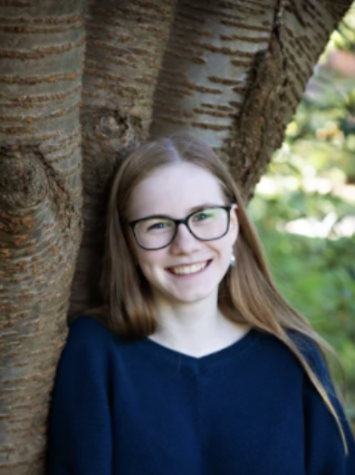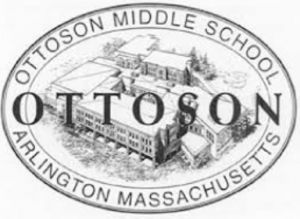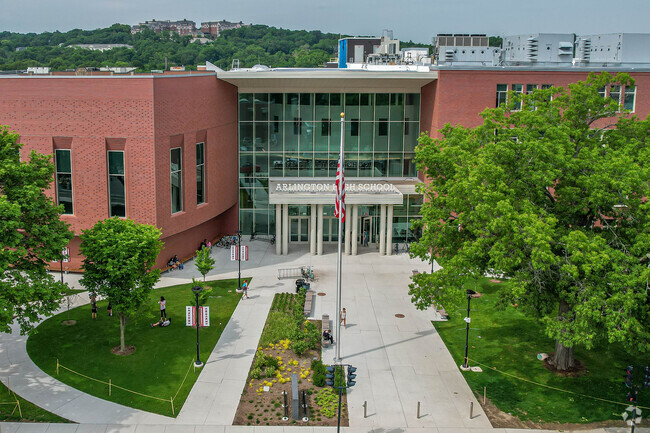Advocacy Groups Come Together to Hold Transgender Day of Remembrance Zoom
January 13, 2021
On November 20th, Massachusetts groups held a Zoom meeting for the Transgender Day of Remembrance (TDOR). The meeting was a collaboration between LexPride, Arlington LGBTQIA+, Boston Pride, First Parish Church, and Lexington Human Rights Committee. The purpose of the meeting was to not only remember transgender individuals who have been killed, but to also teach and learn about how to ensure the future safety of transgender people, throughout Massachusetts and the world.
The meeting began with an informative presentation about sex and gender, and how society’s view of the two has changed. One host, Valerie Overton (she/her), explained how anti-trans violence has grown historically because of colonialism, and how there is overwhelming evidence of transgender and gender non-conforming individuals being welcomed into many cultures. With the rise of European colonialism, there was an attempt to destroy those cultures entirely, which included the acceptance of transgender and gender non-conforming people.
Following this historical perspective, the hosts then explained why TDOR ceremonies are held, and how organizations use this time to remember those who were killed due to anti-trans violence. Violence is a real threat for transgender women of color, who deal with transphobia, racism, and misogyny. Every year, an average of 80% of people killed in anti-trans violence are Black, Latinx, or Indigenous. The murder of transgender people tends to be more brutal than other murders. The number of known murders of transgender people is -and has been- moving in an upward trend for the past 10 years.
After the informational period of the meeting, the group began reading the names of the transgender people killed this year. There were 34 known deaths at that point in the US, according to the Human Rights Campaign, although it is understood that there have been more deaths in addition to what has been recorded. The speakers discussed how the total number of trans people killed is often understated, because of misgendering and deadnaming, or the use of a name that someone no longer uses, in police reports. Noah Stang-Osborne (he/they), a LexPride Board of directors member, talked about their personal experience with gender and anti-trans violence. They talked about some ways people can make a difference, one of which is making sure to always use someone’s personal pronouns, even if it is new or confusing to you.
The meeting was then split into breakout rooms for individual small group conversations about what can be done to prevent transphobic violence. One of the important ideas that was brought up during those group discussions was the need to be respectful. This respect can mean supporting transgender people and kids, and can also mean educating yourself on the topic. Still, more needs to be done. On a wider scale, legislation on both federal and state-levels deeply affects transgender people in day-to-day and lifelong ways alike.
After breakout room discussions, the group then talked about transphobic violence in the Massachusetts area specifically. TDOR was established to memorialize Rita Hester (she/her), a Boston native who was murdered in 1998. Jennifer Love Williams (she/her), an entertainer and activist, talked about issues impacting transgender people. These included issues around safety, specifically brutality, healthcare, pronouns, unity, and the importance of listening.
As a conclusion to the Zoom meeting, the group held a performance of the song “Singing For Our Lives” by Holly Near.
This event was funded by a grant from Boston Pride.
For further reader interest:
GLAAD TDOR resource kit- https://www.glaad.org/publications/tdorkit, as well as their statistical work overall – https://www.glaad.org/tdor
More from HRC- https://www.hrc.org/resources/violence-against-the-trans-and-gender-non-conforming-community-in-2020









Michele Martellotti • Jan 22, 2021 at 3:53 pm
Hi, Mia. I am a friend of your Grandma P. and she shared this article with me. I want to commend you on your excellent communication skills and the obvious passion you have for the subject matter. I wish you continued success in all your endeavors. You are off to a great start.
Grandma P • Jan 17, 2021 at 2:25 pm
Great article, Mia. Congratulations to your whole team and teacher advisor(s). Your middle school paper is outstanding.
Gpa V • Jan 13, 2021 at 11:53 am
Proud of you Mia!